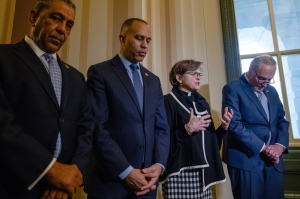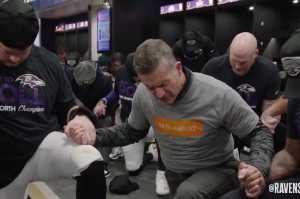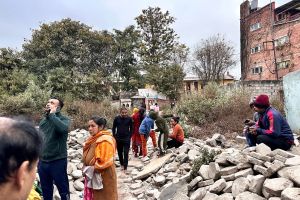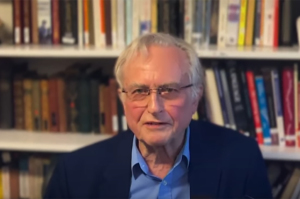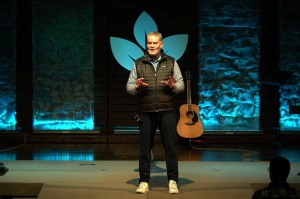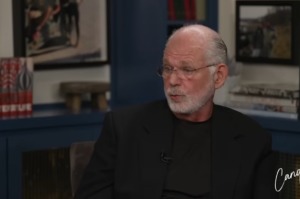Church Leaders, Climate Experts to Urge World Leaders to Focus on Poor
Two networks of faith-based humanitarian and development groups will be sending a delegation to this month's high-level U.N. event on climate change to ask world leaders to give the highest political priority to a new climate deal.
Alongside representatives from CIDSE and Caritas Internationalis, church leaders and climate experts from the developed and developing world will personally urge world leaders to think about the world's poorest people as they believe "bold action is needed to protect them from the devastating impacts of climate change."
"Wealthy countries have an unequivocal moral duty to reduce their own emissions and help developing countries who are already suffering the consequences of our profligate use of fossil fuels for economic gain," commented delegation head Keith O'Brien, a cardinal from the United Kingdom.
On Sept. 22, U.N. Secretary-General Ban Ki-moon will host an all-day high-level event on climate change for heads of state and government, one day before the opening of the general debate of the 64th session of the U.N. General Assembly.
According to the United Nations Framework Convention on Climate Change, 2009 is a crucial year in the international effort to address climate change.
In December, national government delegations who agreed to shape an ambitious international response to climate change in 2007 will be meeting for the end-of-the-year summit in Copenhagen to finalize the details of a new climate change agreement that will replace the current one, which runs until 2012.
Under the current Kyoto Protocol, 37 industrial countries are required to cut emissions a total 5 percent from 1990 by 2012.
According to some scientists, industrialized nations must cut emissions by 25 to 40 percent from 1990 levels by 2020 to prevent climate disasters, such as coastal flooding from rising sea levels, severe weather events, and variations in rainfall and temperatures that will affect agriculture and wipe out species of plants and animals.
The World Wildlife Fund for Nature calculated that the current declarations from wealthy countries amount to a total emissions cut of just 10 percent by 2020.
Though not all people believe that climate change is a strictly man-made phenomenon, those who do have been urging world leaders to take decisive action to secure an ambitious and fair climate deal this year in Copenhagen.
Delegates who CIDSE and Caritas will be sending to the high-level U.N. event on Sept. 22 include, among others, John Onaiyekan, the Catholic archbishop of Abuja, Nigeria; Theotonius Gomes, the Catholic bishop of San Marcos, Guatemala; Janet Mangera, the executive secretary of Caritas Kenya; Bernd Nilles, CIDSE's secretary general; and Jim Hug, the president of Center of Concern.
Caritas Internationalis, the largest network of Catholic charities in the world, works through its 164 national members to combat poverty and injustice, directly helping around 24 million people each year in 200 countries and territories.
CIDSE, meanwhile, is a network of 16 member organizations in Europe and North America that share a common strategy in their efforts to eradicate poverty and establish global justice. CIDSE's advocacy work covers global governance, resources for development, climate change, trade and food security, EU development policy and business, and human rights.















